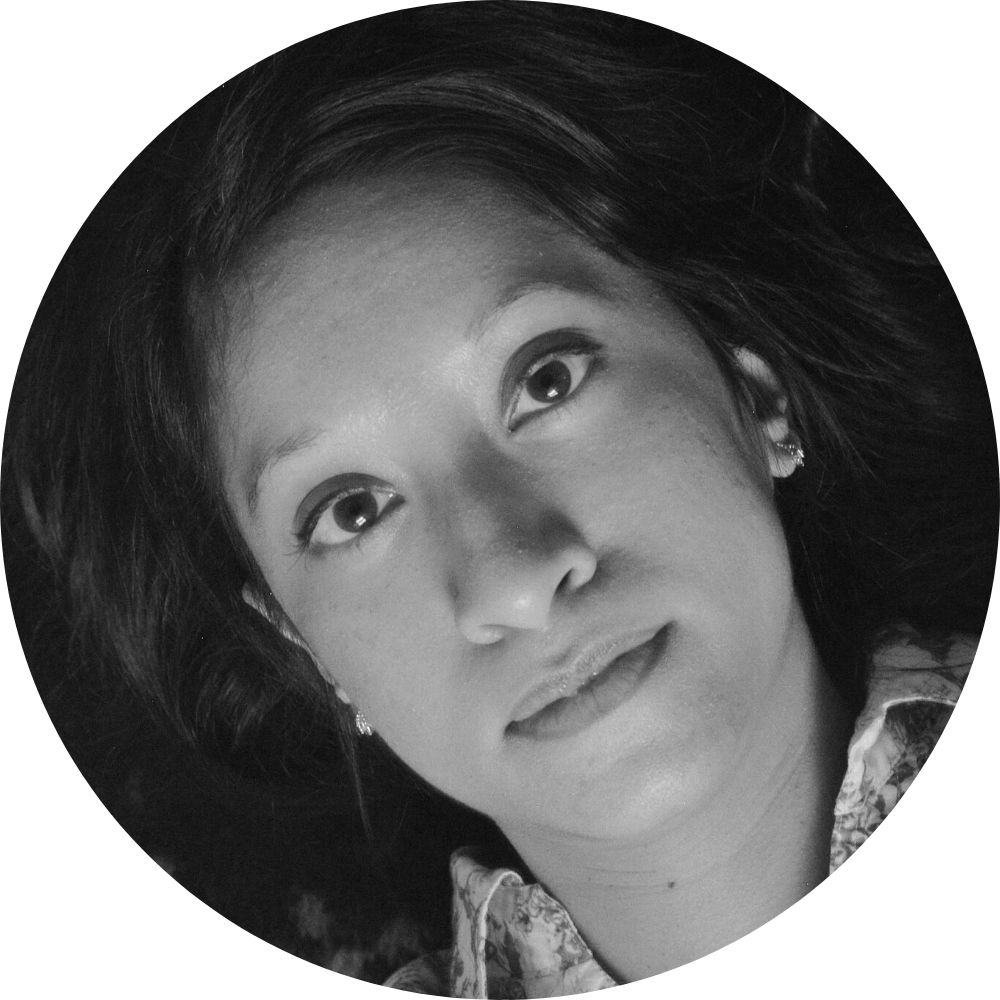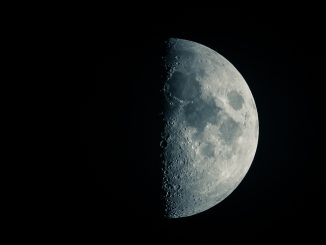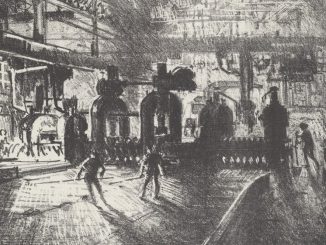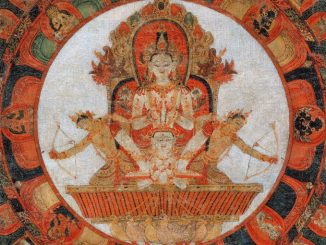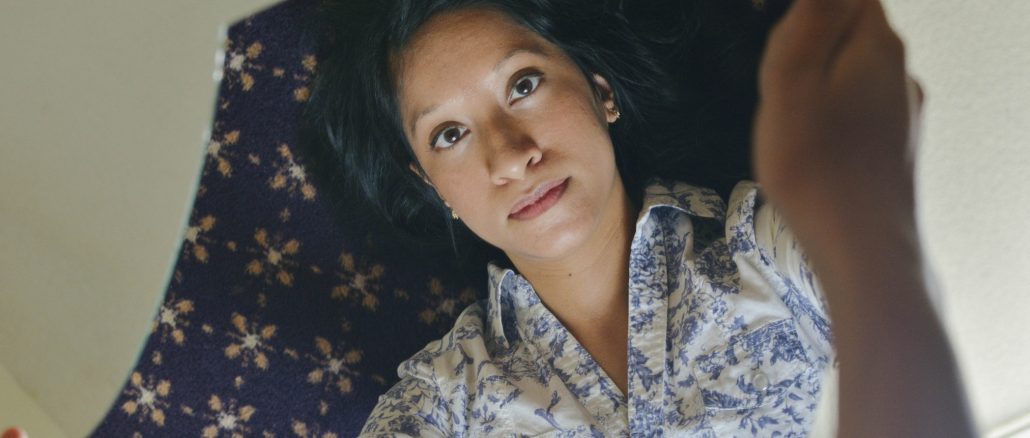
Celebrated poet Doyali Islam opens up about her experience as a cis-woman living with vaginismus and how writing “v”—a poem from her latest collection, heft—helped her come to terms with this condition. She also offers advice for budding poets and shares an interesting trick she learned from Emma Watson.
Doyali Islam is an award-winning poet with two collections: Yusuf and the Lotus Flower and heft. She currently serves as the poetry editor of Arc Poetry Magazine. She is known for her unique form, the split sonnet, and her work is frequently informed by her fascination with silence and the aural and oral aspects of language.
How would you describe yourself?
‘She’. I’m cisgender, but, given my lived experience of vaginismus, it is an act of self-empowerment and radical love to consciously identify as a woman. That I cannot have intercourse does not exclude me from identifying as ‘she’.
What advice would you offer to beginner poets, or to those who are struggling with their craft?
Every time I start writing a new poem, I always feel like a beginner! Don’t worry if that feeling never goes away. Feeling like a beginner can be hugely freeing, because it allows you to take risks and follow your own lines of creative questioning.
There are no master poets, only master editors. Or said another way: there are no master poets who aren’t master editors. Give your revision process the time and attention it’s due. Use every ounce of your logic and intuition. Learn to trust your own creative and editorial instincts. If you fail, fail on your own terms. If you succeed, succeed on your own terms.
Be fiercely protective of your imagination.
If you plan to publish your work, think about the kinds of kinship you want to create in the world, and let your poems forge those kinships.
If you start doing open mics, giving featured readings, speaking on panels, and/or publishing, always remember: it matters not how many people show up to hear you, but how deeply you touch just one.
Write a poem that a reader/listener will long to return to again and again—a poem that yields more with every pass.
Write a poem that offers more questions than answers.
Fill a notebook with advice and encouragement given to you by people in your field who you respect. (A few years ago, I read that Emma Watson did/does this, and followed suit. Trust me, your notebook(s) will be medicine in hard times!)
Since you mentioned Emma Watson: if Emma chose to feature you and your poetry book, heft, through Our Shared Shelf, or if another feminist YouTuber, podcaster, or influencer chose to feature your work, which poem(s) would you most want readers (or listeners) to engage with?
Definitely the poem “v”, which speaks about my lived experience of vaginismus. The poem is so vulnerable and intimate that, sheerly by existing, it breaks cultural silences that many women face with regard to the vulva/vagina. The poem also challenges constructed norms around sexuality, gender identity, and self-worth.
Writing “v” and choosing to publish it in heft freed me from shame, anger, guilt, resentment, and distrust of my own body. As I often say when asked how I was able to be so vulnerable in my book: the bravery came by doing the work. I didn’t have bravery and then write and share; I became brave by writing and sharing.
I feel immensely brave now, and I’d love to speak even more bravely through a platform as expansive and incisive as Our Shared Shelf, because if I could help even one woman with vaginismus to celebrate her body—to wholly and unconditionally love herself as she is—it would be a victory. I would want that woman to know, deep in her gut, that she is 100% worthy of love.
Why aren’t women with vaginismus—and those without—taught to question and create their own personal definitions of sex and intimacy? In the past, part of my intense fear about talking with people about my experience of vaginismus was bound up with feelings of inadequacy and abnormality—in short, feeling undesirable as a woman who still longed deeply for a male partner, and for romantic intimacy. But what I finally realized is that I could—and deserved to—find a partner who loves me exactly as I am. That’s why I wrote the poem “v”—to finally express that “I thought I’d given up on my v, but / it was just the world’s idea of it.”
What I want everyone—not just women—to understand is that sex is not just physical: it’s a mental, emotional, and perhaps even spiritual connection. Let’s widen our definition of ‘sex’.
GUEST
Doyali Islam‘s second poetry book is heft (McClelland & Stewart, 2019). Poems from heft have been published in Kenyon Review Online, The Fiddlehead, and Best Canadian Poetry. Doyali has discussed the value of silence on CBC Radio’s The Sunday Edition; language, form, beauty, and empathy with Anne Michaels in CV2; and the relationship between poetry and the body on CBC Radio’s The Next Chapter. She has also been in conversation with Pulitzer-winning poet Forrest Gander, and you can find their discussion of grief, art-making, and poetry ethics in The Adroit Journal. Doyali lives in Toronto, Canada. www.doyali-islam.com
Interviewer

NATALIE GASPER is an internationally performed poet whose work has appeared or is forthcoming in The Write Launch, The Hickory Stump, The Remembered Arts Journal, Noon by Arachne Press, and ellipsis…literature & art, amongst others. She works as an interviewer and reader for The Nasiona, and is an editorial intern with a prominent New York literary agency.
Twitter: @nataliegasper
Featured image: Doyali Islam, photographed by Michelle Gu.
